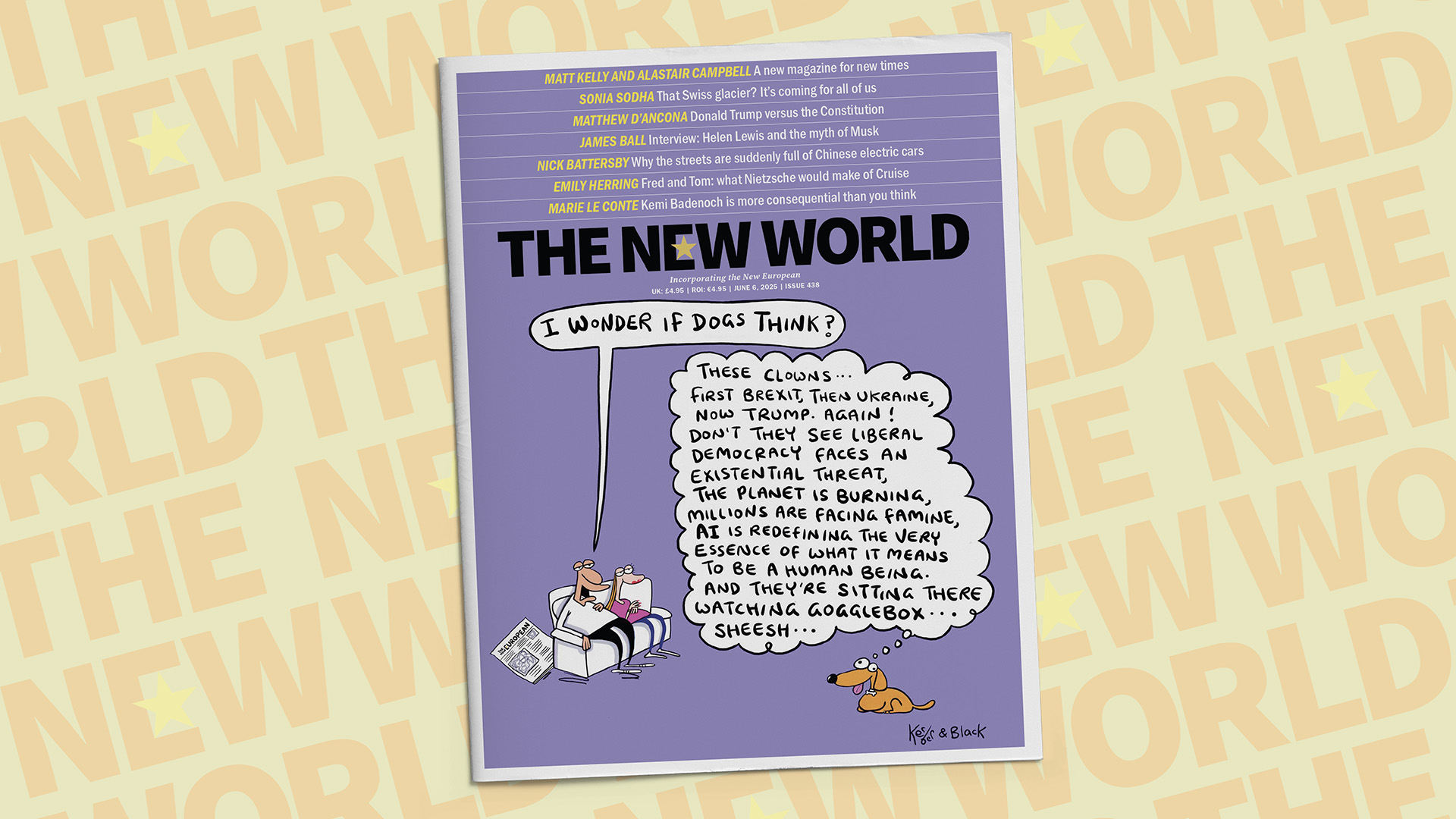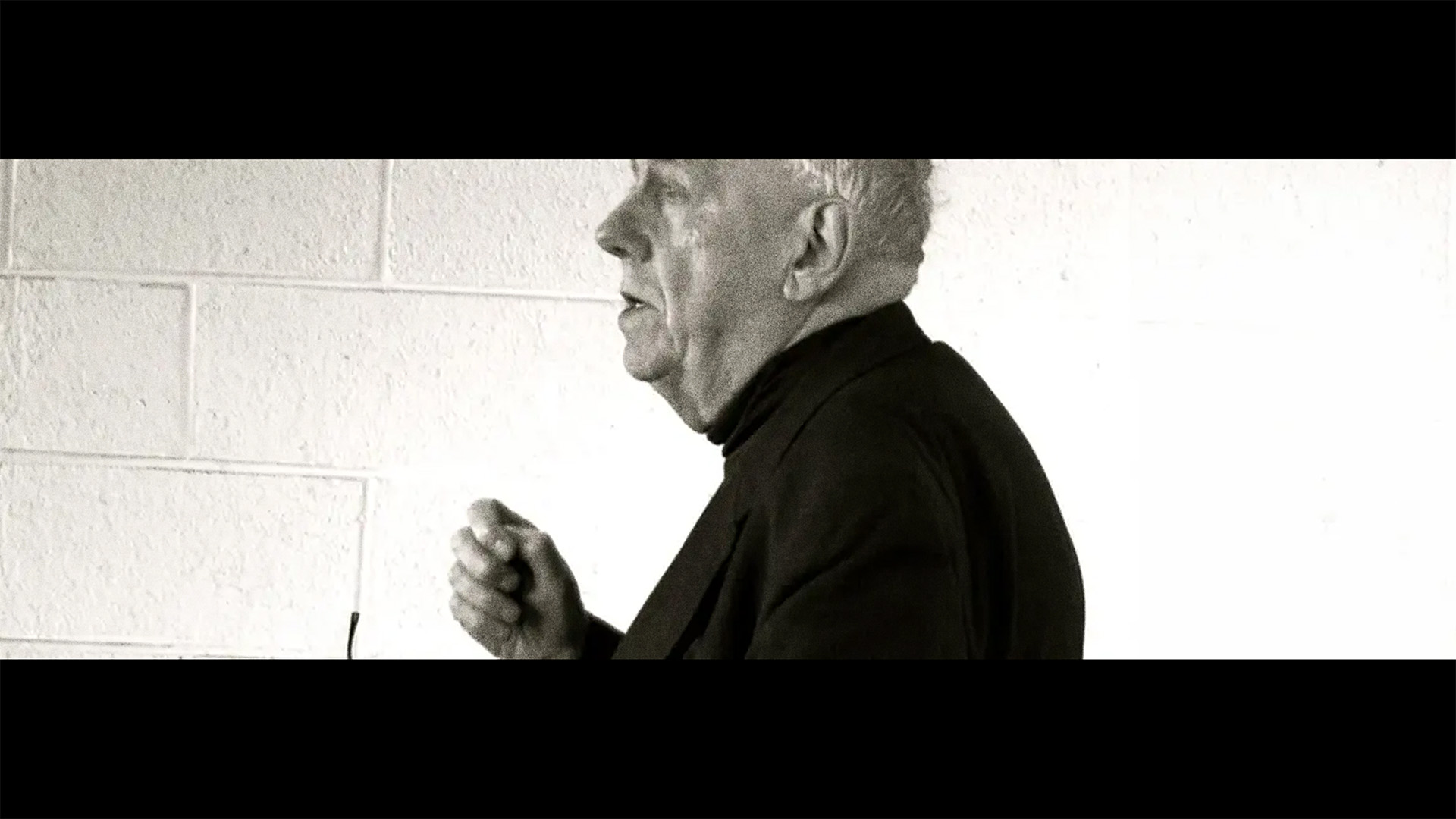When The New European launched in that shell-shocked summer of 2016, it was designed as a pop-up provocation: part newspaper, part lifeline, part defiant middle finger to the populist liars.
The idea was simple – give the 48% a voice in a country that, overnight, felt unrecognisable. A defiant, pro-European howl in tabloid form.
Pop-ups don’t usually last nine years. Somewhere along the way, TNE stopped being a temporary protest and became a permanent proposition – a weekly reminder that journalism didn’t have to choose between brain and bite. And along the way we became that most remarkable thing in the 21st century – a successful, sustainable, new print-based independent media business.
Since taking the business independent three years ago, our revenues have trebled and our subscriber numbers have quadrupled. Today, we are proud to say we have more than 35,000 subscriptions and newsstand sales. It makes us by far the fastest-growing politics and culture title in the country. And we are now profitable – good news for the 2,200 co-owners who invested more than £1m into our enterprise 18 months ago.
So… why change a winning formula? Let me explain.
A few months ago, I was talking to one of my investors, reflecting on The New European’s journey.
“It’s become this extraordinary magazine,” he said. “Amazing writers, a great sense of mission and purpose; fighting against cheap, nasty populism.
“And such extraordinary breadth of content. Politics, culture, arts, philosophy, history, science. Full of ideas and interest from all over the world. Your subscribers love it and there’s literally nothing quite like it.”
He paused, as though a thought was forming. I have a personal rule: never interrupt someone in the middle of a compliment. Eventually, he said:
“You know, you guys aren’t just The New European… you’re the new world.”
The moment he said it, a number of pieces fell into place in my head.
I’d been looking for a way to visibly expand our mission – and here it was: our second chapter. An ambitious statement of intent, and an opportunity to reach new readers who feel exactly the same way about these new times as we all did in 2016 after the Brexit referendum. Because if TNE was born out of Brexit, The New World is born out of something bigger: the global unravelling.
The ideology that powered Brexit didn’t die on the bus – it spread. Trump, Covid, QAnon, the collapse of trust in institutions and authoritative sources, the rise of Milei, the mutation of Modi, the TikTok-ification of public life, and the creeping algorithmic authoritarianism of Big Tech.
Brexit was the beginning: act one of a story that is now truly global – and grotesquely interconnected. From Washington to Budapest, New Delhi to Nairobi, Kyiv to El Salvador, what’s happening isn’t a fluke – it’s a pattern. A dangerous one.
And if our journalism is to remain useful – if we are to do what TNE always promised: to make sense of what the hell is going on, and give space to ideas that challenge the rise of this corrosive nationalism – then we have to be resolutely global, too.
Hence: The New World.
Some will ask: “Aren’t you ditching Europe just as the Labour government starts murmuring about ‘resetting the relationship’ with Brussels?” Not remotely. But Europe is part of a much bigger puzzle now: the reinvention of liberal institutions for a fractured, hyperconnected age.
We’re not rebranding because Brexit’s over – we’re rebranding because Brexit was just the beginning. The same toxic forces that drove it are now global: nationalism, disinformation, democratic backsliding. The New World reflects the bigger fight we’re in. We’re certainly not backing off the topic of Brexit – we’re going in harder.
Others will ask: “Why change at all? You’re profitable, beloved, and respected. Why risk it?” Because staying still is a form of dishonesty. The world has moved on. So must we. And more to the point: we want to.
We’re done with comfort-blanket politics. Done with assuming that “sensible centrism” will naturally reassert itself like gravity. If the past few years have taught us anything, it’s that gravity has gone rogue. Clinging to a belief that the pendulum will naturally swing back of its own accord is delusional.
So we go forward.
The New World will think bigger – and deeper. We’re building a new roster of contributors: from India, China, Latin America, sub-Saharan Africa, Ukraine, and beyond. We’re widening the lens. But we’re also turning that lens inward, towards Britain – certainly not just Westminster, but the whole country.
We’re investing in our journalism. We’ve recruited a number of big names to join our roster of talent. Sonia Sodha, formerly of The Observer, joins us as a contributing editor, as does Moisés Naím, award-winning author of The Revenge of Power, Tom Baldwin, Keir Starmer’s biographer and former top Labour adviser, and journalists and authors Marie Le Conte and John Kampfner.
We’re also welcoming the brilliant Emily Herring, Paola Totaro, Marion van Renterghem, and Emma-Kate Symons as contributing editors. There’ll be more to come soon.
And from this week, our weekly newspaper will be printed on the best available super-bright white paper – a significant (and expensive) upgrade that will make our journalism easier to read and give our design and photography more oomph than ever.
You’ll also notice a greater emphasis on areas we believe will come to define this new world: technology, the rise of China, the emergence of multipolar world politics, the challenge of changing demographics, and the reality of climate change. Our Carousel section at the front will take on a more global remit.
There is a whole world of inspiring ideas – alternatives to the right wing populists’ arguments of isolation and scarcity – that go unreported in mainstream media, or get lost in the noise of day-to-day journalism. I want a place to absorb and understand them. I am sure you do, too. That place is The New World.
You can count on Alastair Campbell, Matthew d’Ancona, Patience Wheatcroft, Tanit Koch, James Ball and Paul Mason to provide the best political analysis anywhere. Nigel Warburton and Philip Ball continue to share their passion for philosophy and science respectively.
And there’ll be no scarcity of amusement. Tim Bradford’s popular What in the World cartoon now gets a full page. Jonn Elledge will be deep-diving into a relevant topic each week in a new column, Nerd’s Eye View. And all your favourite puzzles, Great Lives, and our gossip column, Rats in a Sack remain. As does, of course, the beloved Peter Trudgill’s language column.
From an Arts & Culture perspective, you’ll find an expanded version of Matthew d’Ancona’s weekly culture tipsheet, Jason Solomons and John Bleasdale on film, and Emily Herring at the intersection of arts and philosophy. All capped off by Marie Le Conte’s Dilettante column.
I sincerely hope you’ll find the improved, redesigned magazine very, very recognisable. Just… better.
Which brings us to the most important part: what do we actually believe? What are our guiding principles?
We believe the first quarter of the 21st century has been squandered – and that the next quarter must not be. Our children deserve that of us.
We believe the threats to liberal democracy are real, global, and growing.
We believe in science, philosophy, wit and dissent.
We believe in pluralism – and that “patriotism” and “internationalism” can be friends.
We believe class is still a source of division. That tech needs taming. That universities are not the only route to wisdom. That immigration is both a social and economic good.
We believe politics is no longer a branch of economics. Politics is downstream from culture. Trump won because of emotion, not inflation.
We believe history matters.
And yes, in case you have any doubts, we believe Brexit is the biggest single calamity to have befallen this country in our generation. We will never stop providing the proof, holding its facilitators to account, and arguing for Britain to retake its place at the heart of European politics. But we also believe redressing Brexit is just one piece of the puzzle.
Above all else, we believe in the possibility of journalism as a progressive force – conscious as we are that it is so often, to its great shame, the opposite.
The New World isn’t just a title change. It’s a challenge – to us, and to you.
My request to you, dear reader, is: be part of our change – in your subscription, your encouragement, and your feedback. And help us spread the word.
The New World, like The New European before it, is more than just a token of resistance against the tide of corrosive right wing nationalism. We believe its voice will make a difference in the battle for our future. The battle for this new world.



